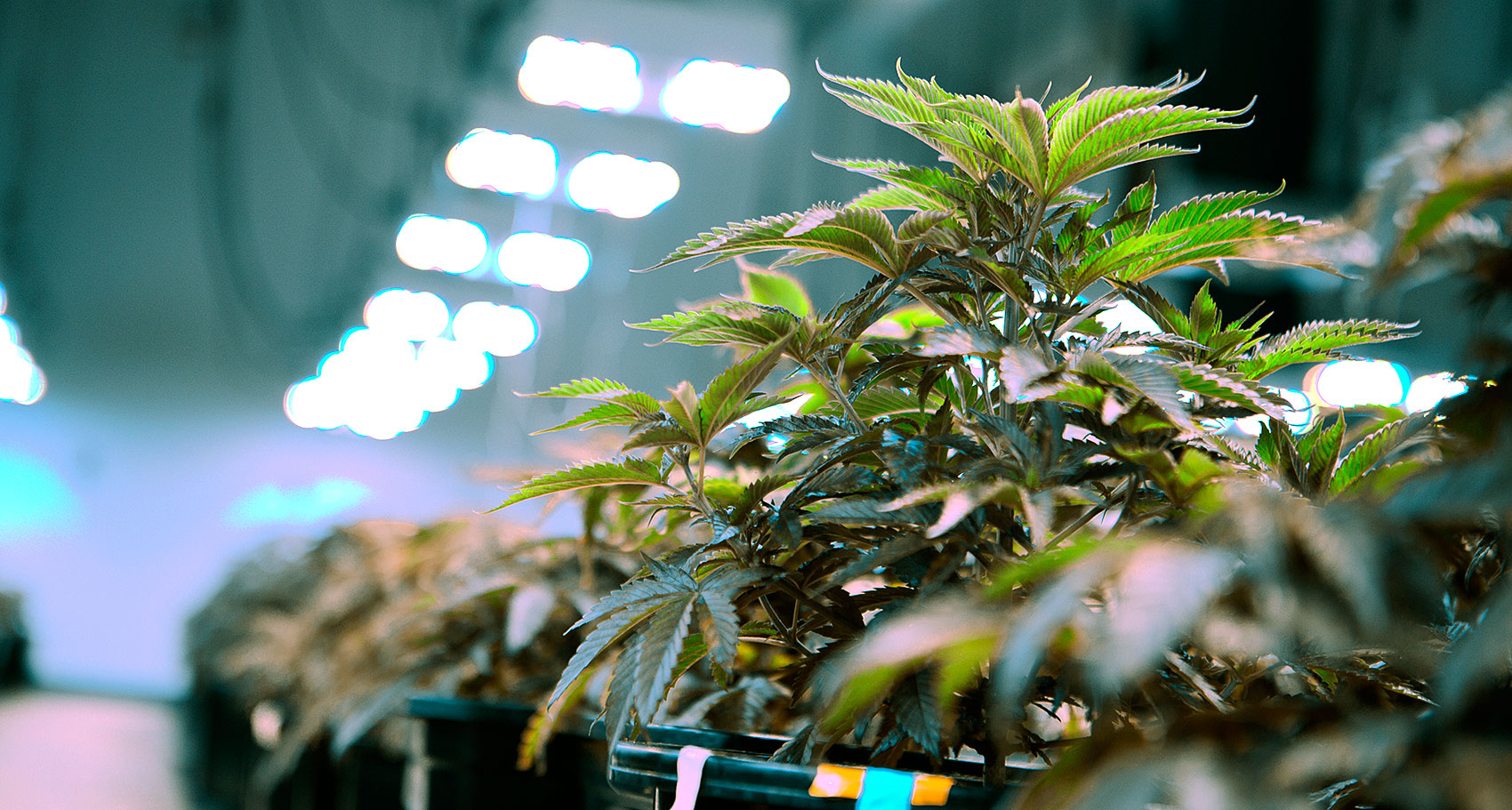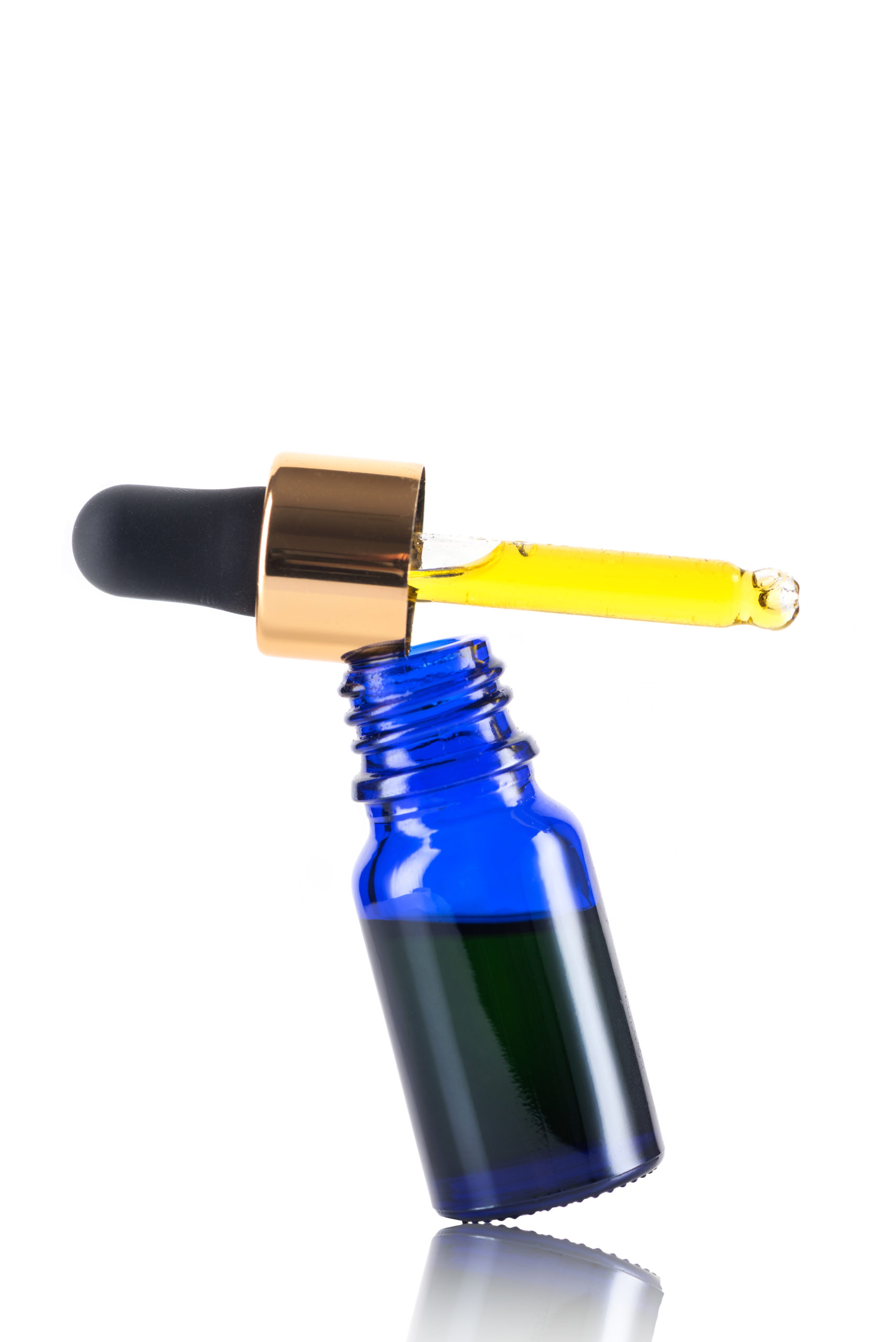Marijuana is the most often used illegal drug in the U.S. But some states are legalizing it for medical and recreational use. Is it a gateway drug? A harmless herb? Or is it, as many claim, a gateway drug to a world of addiction and other drugs? Find here the top delta 8 brands for THC Cartridges.
There are over a hundred cannabinoids that can be found in and synthesized by cannabis, and some of the most popular are:
THC (Tetrahydrocannabinol)
This is the compound that gives marijuana its psychoactive effect – it’s what gives users the “high.” This substance is also the reason cannabis has faced legal restrictions for so long.
\THC is primarily found in the resin produced by the cannabis glands, concentrated in the plant’s reproductive organs. Products like those offered by Exodus Dispo often highlight the careful extraction of THC to deliver controlled and high-quality experiences for users. These products are crafted to ensure a balanced experience, minimizing unwanted effects while enhancing benefits like relaxation and euphoria.
THC works by binding to the cannabinoid receptors in the brain that influence thinking, pleasure, memory, and coordination. Some effects include euphoria, sedation, dry mouth, pain relief, hunger, and a slowed perception of time. By stimulating brain cells to release dopamine, THC creates feelings of pleasure, although it can also cause hallucinations or delusions, usually within ten to thirty minutes of ingestion and lasting for a few hours.

What are the Risks Involved?
THC can trigger schizophrenic symptoms as well as impair motor skills and cognition. It can also distort your sense of time. Because of this, the National Highway Traffic Safety Administration advises individuals not to drive after using marijuana and until they can efficiently conduct motor activities.
THC can hamper cognition and memory. It can also cause a drop in blood pressure, an increase in heart rate, hyperemesis syndrome, weight loss, dehydration, vomiting, and impaired performance. Long term effects are similar to those of smoking cigarettes or tobacco products, such as lung infections, bronchitis, mucus buildup, and chronic cough.
Cannabis, like many other substances, also has a potential drug interaction with certain medications. The effects seem to be worse for individuals who started using cannabis at an early age as well as for those who use cannabis often and over long periods of time. If this is the case, the effects may no longer be completely reversible even if cannabis usage is stopped. THC, however, has many benefits if used properly.
What are the Medicinal Benefits of THC?
Cannabis research is still in its early stages due to the controversial nature of the substance. However, it’s more than likely that more and more research will be carried out as it is legalized in various parts of the world. For now, THC is known to help in pain management, and as a treatment for glaucoma, sleep disorders, low appetite, anxiety disorders, muscle spasticity, and nausea
THC also has anti-inflammatory and antibacterial properties. And because it’s helpful in dealing with stress, it can help mitigate signs of aging.
THC can either be extracted from cannabis plants or synthesized, such as in the case of the drug dronabinol, which has been approved by the FDA and is used to prevent vomiting and nausea in people who use cancer medications. It is also used to stimulate the appetite of people who have AIDS.
In addition, THC can help improve memory, provided that it is taken in small doses.
THC Concentrations in Cannabis Plants
The concentration of THC depends on the type of cannabis plant and how it was cultivated. For instance, hemp has 0.5% THC. It is typically used for medicinal and industrial purposes. According to the National Highway Traffic Safety Administration, the average THC concentration of cannabis plants ranges from one to five percent.
CBD (Cannabidiol)
Unlike THC, CBD does not have any psychotropic effects. It doesn’t make you high. It is used for its medicinal properties. It has applications in palliative care and pain management in general, which is why it’s helpful for those suffering from migraines, or those who have untreatable but agonizing conditions, and those who are undergoing chemotherapy. It is also known to help prevent seizures, which makes it beneficial for those with epilepsy and other neurological conditions like Parkinson’s.
Researchers also indicate that it can reduce the side effects of THC. Because of this, more and more growers are starting to breed cannabis strains with a higher CBD content. CBD could bring to you a new perspective on the world. Doctors and scientists have spent decades researching CBD, but there is still plenty of room for exploration in this field. If you are interested in what can be learned from CBD then check out CFAH.org where medical experts provide up-to-date information that has been fact-checked with scientific research as well as journalism professionals who report on cutting-edge findings!
Does CBD Have Negative Effects?
Even though CBD is mostly beneficial, it can still have unpleasant side effects, such as tiredness, nausea, changes in weight, and diarrhea. Researchers continue to study its long-term effects on children, ill people, and the elderly.

Delta-8
Delta-8 THC has been the most popular cannabinoid in recent years, overtaking even CBD as people seek a more mellow high. While delta-8 is so hot right now, many manufacturers are capitalizing on this by selling low-quality products containing around 2% or less of Delta 8 THC and other similar cannabinoids that offer little to no psychoactive effects. Some people have found finding reliable delta 8 THC tinctures to be more difficult than you might think, especially in this thriving market. According to Observer.com the factors that influence the quality of delta 8 extract are far more complex than with other CBD products which means turning it into a federally legal product is much harder and potentially dangerous as well because manufacturers must use expensive equipment and possibly hazardous chemicals to get the desired outcome.
CBN (Cannabinol)
Cannabinol (CBN) is produced after the breakdown of THC molecules. It comes from stale cannabis, and for the longest time, people thought it’s just a waste product. However, a study conducted by Steep Hill seems to indicate that this compound may have substantial benefits. The lab’s researchers claim that so far, CBN has the most significant sedative effect among all cannabinoids that have been studied. It may have potential as a relaxant which can help with muscle stiffness and in helping patients with insomnia. Its mechanisms also indicate that it may have potential benefits for those with epilepsy.
THCA (Tetrahydrocannabinolic Acid)
This one is actually THC’s acid form so they’re quite similar. However, it does not cause a high. It does have its own medicinal benefits. Current research shows that it may have applications in managing autoimmune disorders such as lupus and rheumatoid arthritis, thanks to its anti-inflammatory properties. It can also help with muscle spasms, menstrual cramps. It can help treat stomach problems and nausea. It also has neuroprotective properties which means it can be helpful for those with Dementia, ALS, and Parkinson’s disease. It also helps to prevent slow down the progression of diseases including some forms of cancer.

CBG (Cannabigerol)
CBG is found only at trace amounts because it is only present in a younger cannabis plant. It is converted to THC and CBD acids about 6 to 8 weeks into the flowering cycle. Today, it can be used to combat stress, depression, and anxiety.
It has antibacterial and antifungal properties, and a 2008 study found that this may be beneficial for those needing treatment for MRSA (Methicillin-resistant Staphylococcus aureus), which is tough to treat.
A 2015 study showed that it may have potential as a treatment for Huntington’s disease. Another 2015 study found that it may have potential as treatment for bladder dysfunction.
A combination of cannabinoids such as THC and CBD can have therapeutic effects. It can be beneficial for people who suffer from chronic pain, multiple sclerosis, nausea, psychological problems, and cancers.
THC can help patients achieve a euphoric high as CBD helps ease their symptoms. THC can also increase their energy levels. They can get high with THC and protect their mental health with CBD. In essence, THC can be regarded as an accelerator while CBD can be viewed as brakes.
Cannabis products that contain cannabidiol (CBD) are very popular in the market and recreational dispensaries legally exist in many countries. Unlike THC, however, it does not have any psychoactive effects. On a positive note, it has a lot of therapeutic effects.
This is why it is recommended by many medical professionals and health experts for treating anxiety, inflammation, neurological disorders, and epilepsy. With this being said, the CBD industry was expected to grow up to $2.1 billion in 2020.
